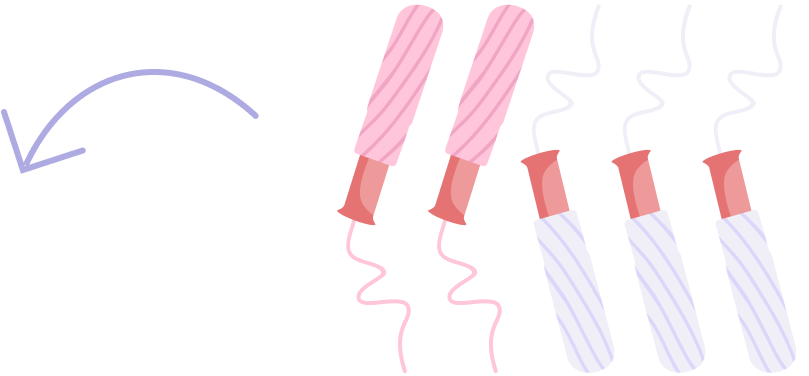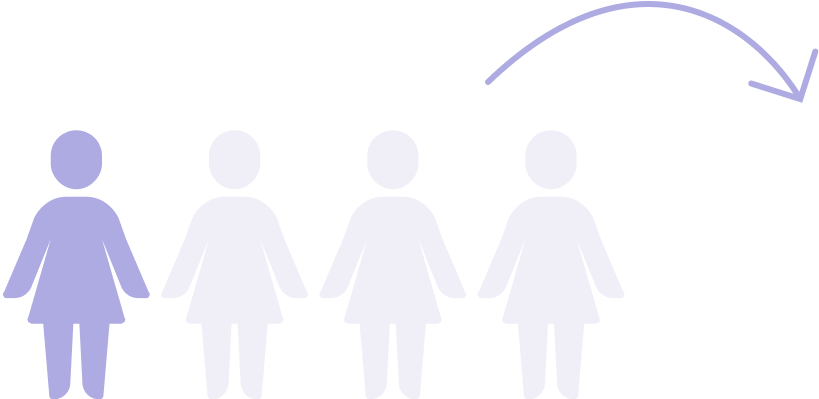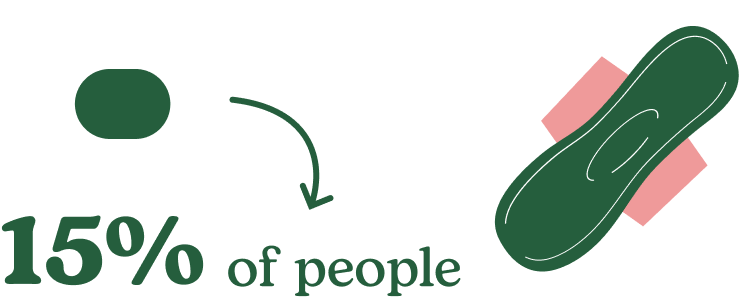It’s Official.
Sex Ed is broken.
A sneak peek into what we learned from our 1,000-person study on The State of Sex Ed in 2023.


People go to the internet for education about how their bodies work because it’s convenient, yet they don’t trust it.

94% of people
rely on the internet (Google, social media, community forums) for answers to their questions about reproductive and sexual health
76% of people
think social media and the internet is a source of misinformation about reproductive and sexual health
Only 6%
of people
think mass media gives an accurate representation of reproductive health
People desperately want to know how their bodies work, but there’s no trustworthy place to go to get educated.

Porn is the #1 source
of misinformation about reproductive and sexual health, according to 46% of people

Only 29%
of people feel like they’re an expert on their own body

76% of people
believe there’s misinformation spread about reproductive and sexual health within their peer group


People are confused AF when it comes to sexual health realities.
Debunking Sexual Health Misconceptions
32% of people
think a person who menstruates can’t pee with a tampon in.
They can, it’s a different hole. Females have two openings: their urethral opening and their vaginal opening.


1/4 of people
think women exclusively fake orgasms.
Men can fake orgasms, just like women.
It’s possible for men to ejaculate during sex without experiencing an orgasm. Orgasm and ejaculation are two separate physiological processes that usually occur together but can also happen independently.
Very few of us actually understand our bodies or the bodies of others… and that’s a big problem for women, men, and future families.

Only 35%
of people feel educated about the menstrual cycle and pregnancy prevention

Only 18%
of people feel educated about their own hormones

Only 1/4
of people feel educated about ovulation

have no knowledge about the ovulatory period
A special thanks to our partners for supporting our mission of education and empowerment →









